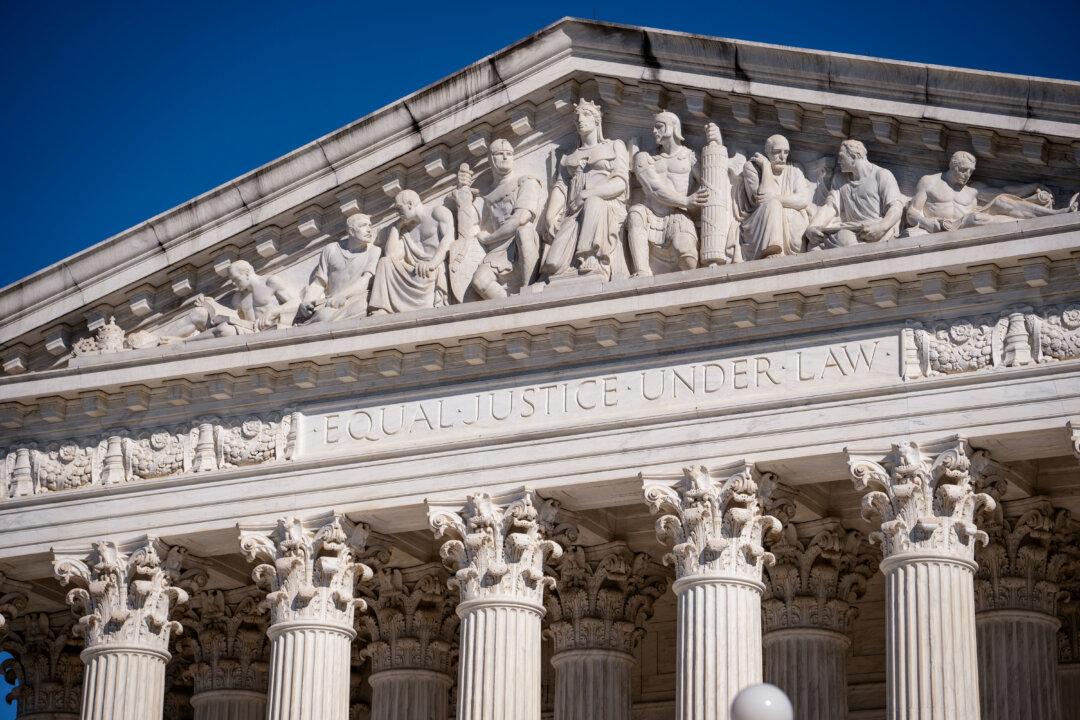The U.S. Supreme Court stated on Dec. 18 that it will consider whether South Carolina can stop Planned Parenthood from taking part in the state’s Medicaid program.
The court granted the petition in Kerr v. Planned Parenthood in an unsigned order. The court did not explain its decision. No justices dissented.





